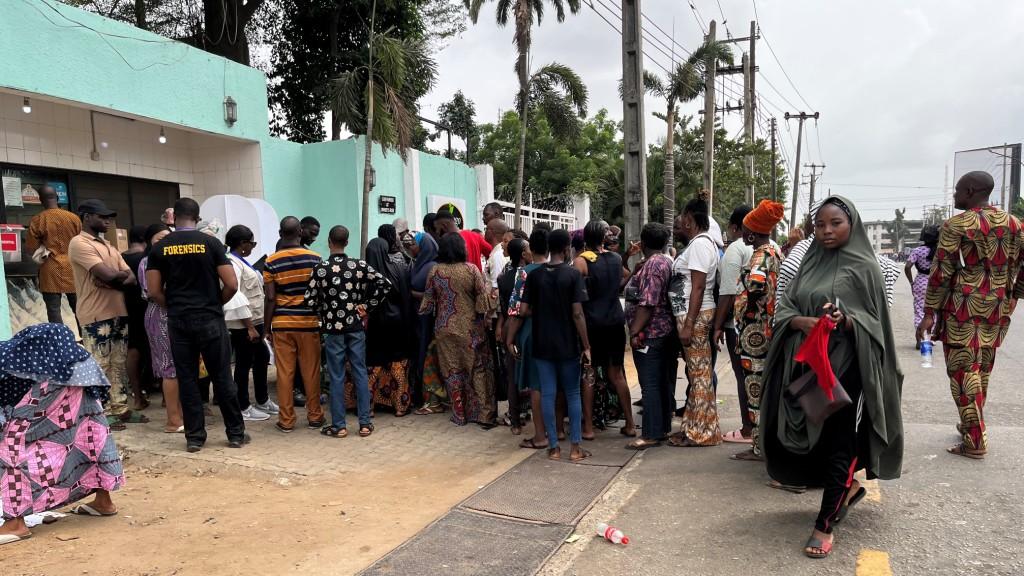Africa is a totally different world. If we want to gain their support, we need to understand what the continent lives by. We need to understand their concerns, the processes in place, and their causes. It is important that we launch the discussion without the vocabulary or generalizations that show how distant we are from the topic, or reveal the emotionally biased postcolonial tone.
Does Africa Support Ukraine?
On February, 23, the UN General Assembly supported the pro-Ukrainian resolution. 141 countries voted on favour, out of the 193 UN members. Compared to the first document submitted for the vote shortly after the full-scale invasion, there was only one African state, Mali, who voted against Ukraine. The western African country where the ruling military commanders actively collaborate with the notorious Wagner PMC will hardly listen to reasoning about the violation of human rights and international law on the European continent. On the other hand, there are many other geographical locations worth the effort, such as the countries that could have a positive impact on their neighbours. It makes more senses rather than asking the ex-colonizers to act as mediators.
Africa is not represented in the UN Security Council as a permanent member, while at the General Assembly the impact of African states is crucial. The West is also getting more attentive to them. In any case, in a period of significant geopolitical upheaval and the world’s division into axes, like during the Cold War, it is better to have partners everywhere.
Many of our citizens had experience of tourist trips to Egypt or Tunisia, but these countries offer not a typical picture of the continent. It is diverse, noisy, and very unusual. Certainly, after the full-scale invasion, the connection between Ukraine and Africa became more noticeable, in particular because of the issue with the grain agreement. However, the deblockade of Ukrainian ports alone will not help build high-quality diplomatic relations. You need to look for more touchpoints.
Africa's Largest Democracy and Electoral Lessons for Ukraine
On Saturday, February, 25, Nigeria held general presidential and parliamentary elections, and also the voting for governors. The 200 million country is the largest on the continent in terms of population. By 2050, the population may double, and reach 400 million people. Thus, Nigeria will become the third largest in the world. It is also the largest democracy in Africa, which can be a benchmark for others. Although Nigeria supports Ukraine, the number of our contacts is insignificant.
After Nigeria gained independence from the United Kingdom in 1960, there were several military coups and the civil war. The military transferred power to civilians as late as in 1999, but later occasional riots also happened. However, the subsequent change of power and party competition have reached a significantly higher level. In particular, the former President, Muhammadu Buhari, was in office for two consecutive terms and took his resignation from power quite peacefully, although in the 1980s he came to lead the country as a result of a military coup. In total, 18 candidates took part in the election campaign, which demonstrates a sufficiently competitive political environment in the country. However, the leaders of the race were representatives of two parties that hold the most seats in both houses of parliament: Bol Tinubu from the All Progressives Congress (APC) and Atiku Abubakar from the People's Democratic Party (Peoples Democratic Party, PDP).
Nigeria's democracy index in 2022 was estimated at 4.23 points out of ten, which attributes this country to hybrid regimes. In the overall ranking of 167 countries, it ranks 105th. In the macro-region of sub-Saharan Africa — it is the19th. Nigeria has the most points in the sections on “Electoral Process and Pluralism” — 5.17 points; and “Civil Liberties” — 4.41 points. In fact, although Ukraine ranks 87th in this year's ranking, it also belongs to the hybrid regimes, with 5.42 points. Although in some sections our score is higher, there are sections where our indicators are the same as Nigerian (“Civil Liberties”) or lower (“Government Functioning”).
When the co-author of this material was still planning to go on the International Election Monitoring Mission as an observer, upon the invitation of the National Democratic Institute (NDI) and the International Republican Institute (IRI), and got acquainted with security information, it seemed easier to reject than to accept. However, two dozen members of the Mission were supposed to be representatives of the continent’s countries or US experts in charge of policy making for Africa. That is why it was extremely valuable to hear their thoughts about the great war in Europe.
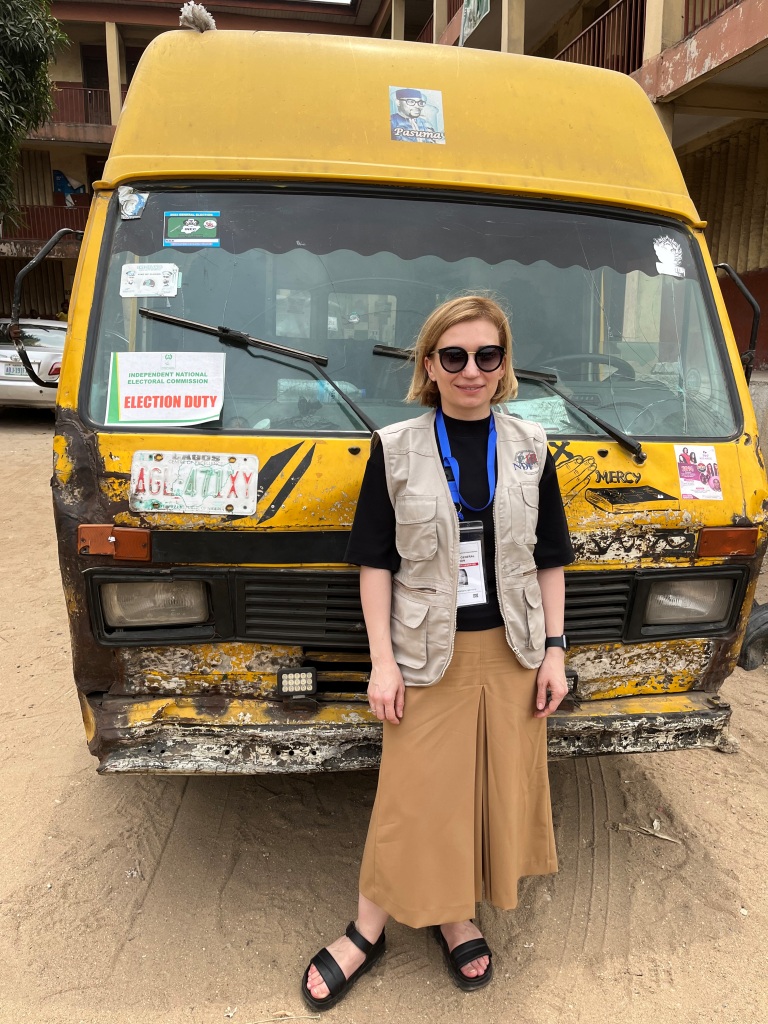
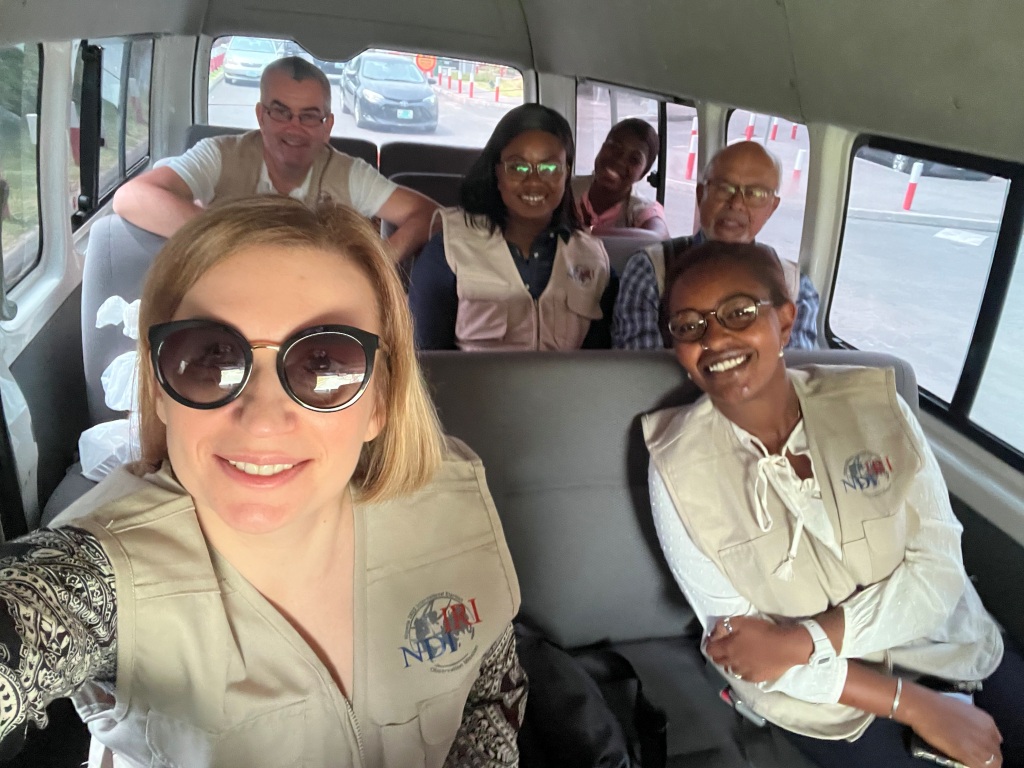
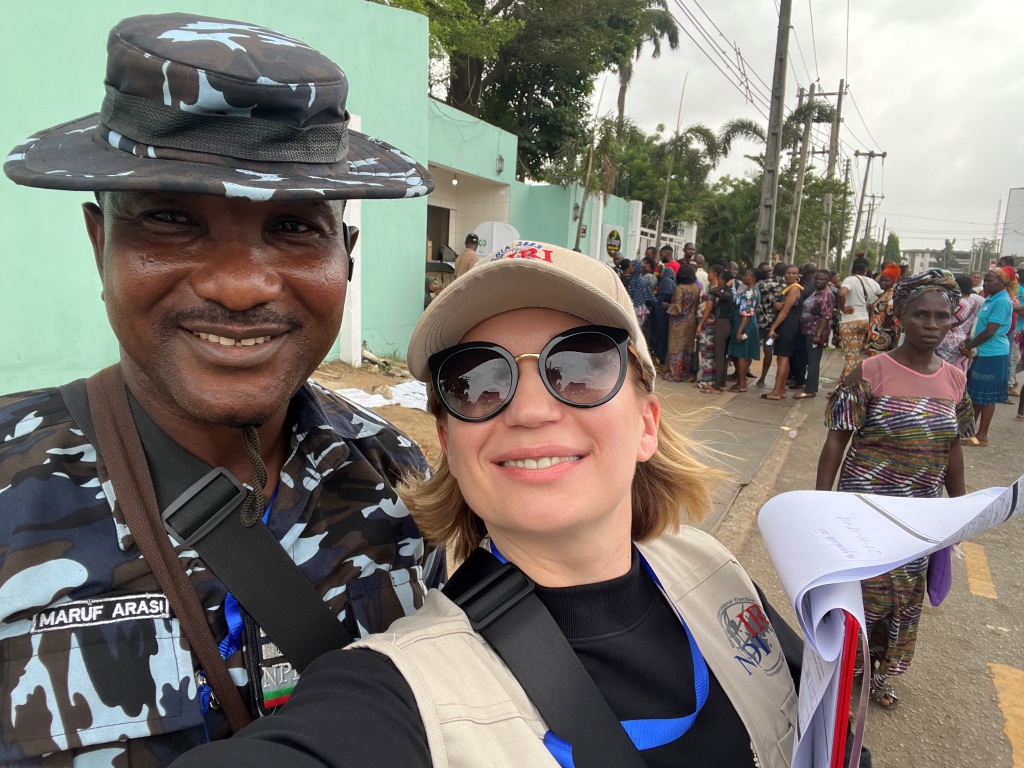
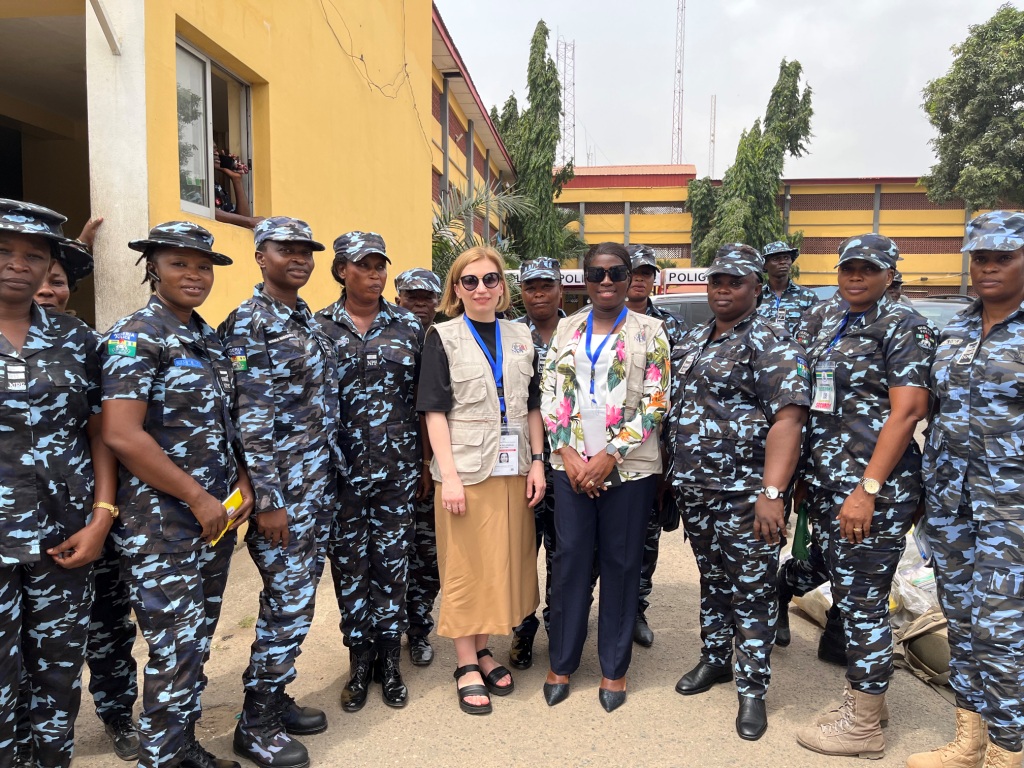
These elections are crucial for Nigeria. These are the first open parliamentary elections since 2007, and the first presidential elections since 1999 that could lead to a second round. In general, this caused a surge in voter interest in the process. As to the protests and escalation of conflicts in previous years, caused by dissatisfaction with the authorities' decisions to overcome the economic crisis, it gave grounds to worry about the setback of democracy and the increase in the level of violence.
That is why all communications related to elections concerned peace and conflict prevention. Two days before the vote, the parties organized a peaceful rally across the country. Still earlier, the leaders of political parties and presidential candidates signed the Election Peace Agreement twice — at the beginning of the campaign and before the election day.
Clashes could occur on the spur of the moment, the same as the use of weapons during voting. Thus, in the last week before the election day, there were many reports of violence: the murder of at least eight police officers in Anambra state, and one of the Senate candidates from the opposition party in Enugu state. On Saturday, a shooting took place at a polling station in Lagos state, to spread panic among voters. As a consequence, some ballots were destroyed. People in Nigeria, like Ukrainians, are very emotionally charged, temperamental, and hot-blooded. It takes less than a minute to shift from relaxed observation of the discussion in the street near the polling station to the heated cross-talk.
Representatives of political parties, election organizers, and the media expressed many words of solidarity with Ukraine and were sincerely surprised that a Ukrainian person came to visit them and takes an interest in what is happening in Nigeria. The country has proactive young people, who, unlike Ukraine, were mainly engaged in organizing voting, were well prepared and trained to extinguish conflicts at the onset. Many of the NGO leaders have a Western educational background; they are well aware of the value of democracy, and defend human rights. Since English is the official language in the country, in most cases there are no problems or barriers to communication.
Bimodal Voter Accreditation System (BVAS) is used to verify voters in Nigeria. A person must be entered in the Register of Voters, wait in line for voting, submit their permanent voter card for verification, and then, using a card data reader, fingerprints and a person's face, the voter is verified. If everything is fine, the person is given a ballot and his finger is painted with indelible ink. The voter enters the booth and votes on the ballot with the finger. We should keep in mind that the BVAS system is not likely to be manufactured in Nigeria, and the election organizers do not consider it necessary to raise the issue of the origin of these devices. This may be related to data security but facial recognition and fingerprints on ballots can potentially be a control tool. Such technologies are certainly owned not only by China but they definitely have them, as well as the influence in this region.
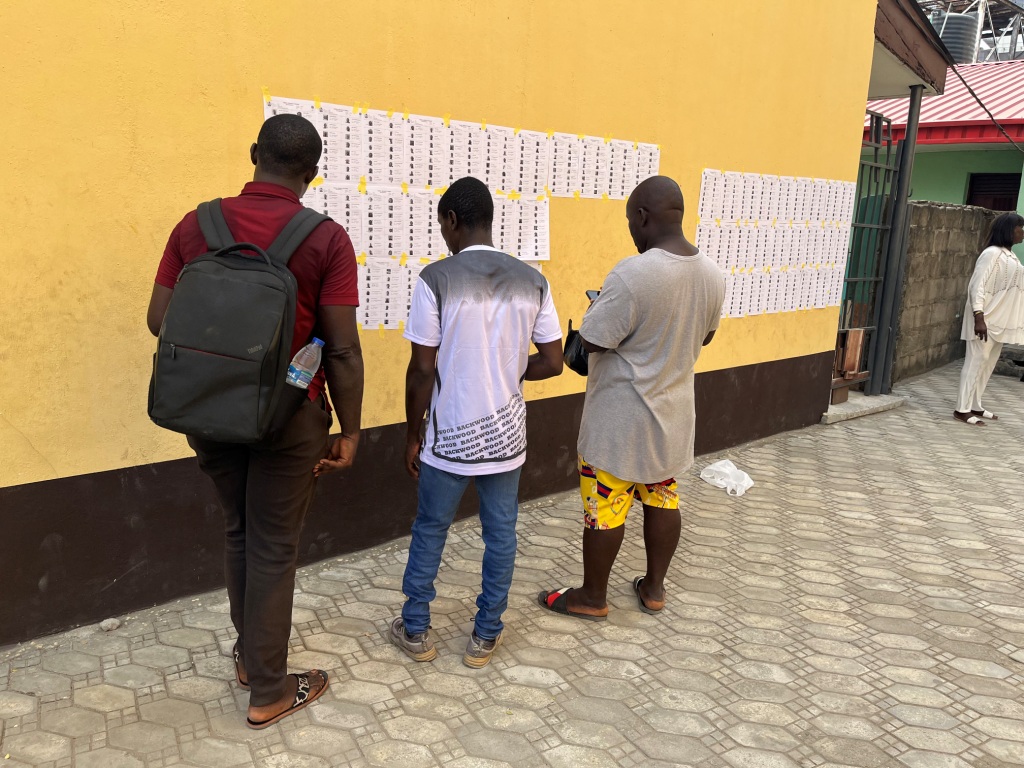
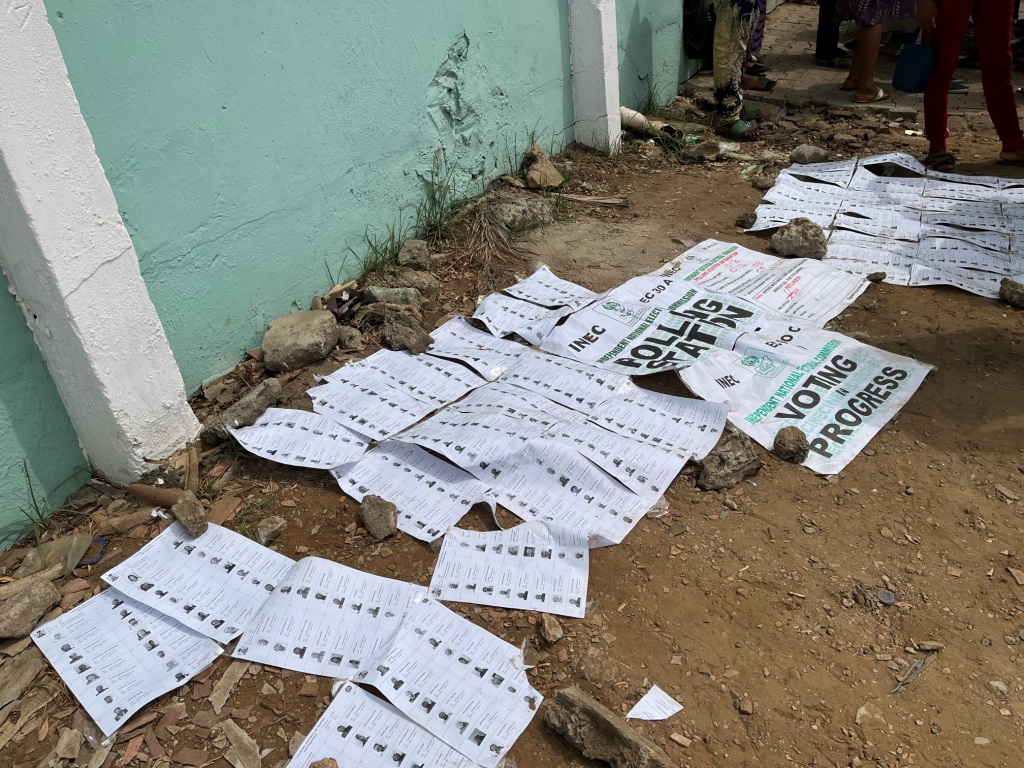
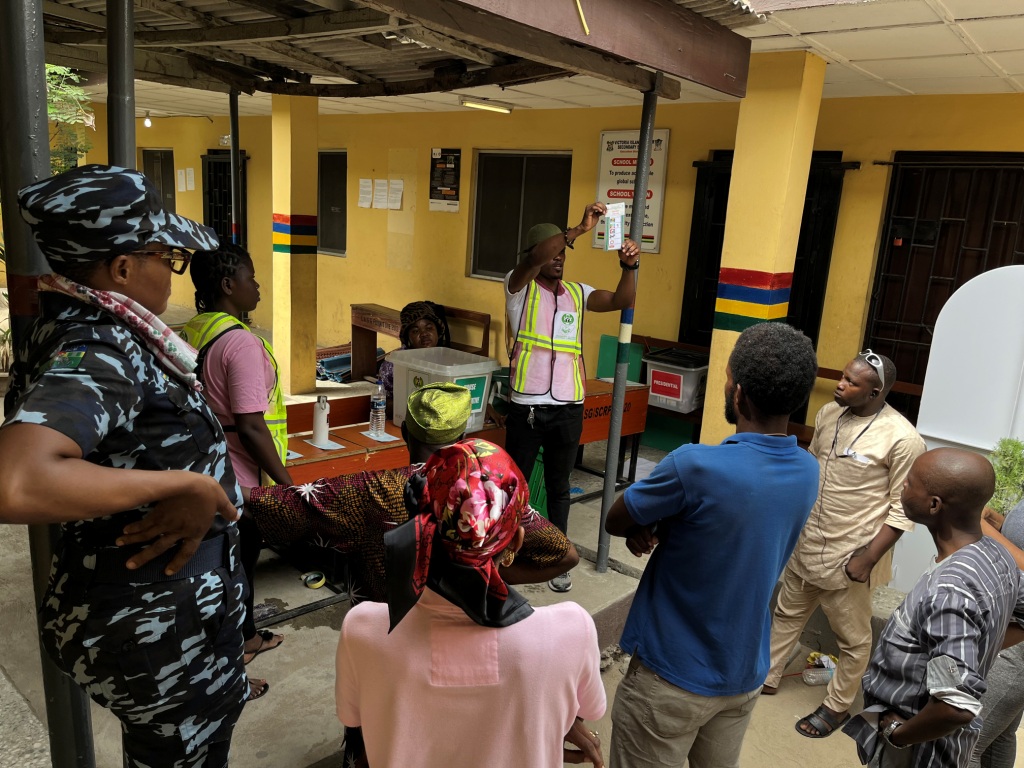
The non-governmental organization Yiaga Africa conducts independent election observation in Nigeria and, like Civil Network OPORA in Ukraine, they are the only NGO conducting parallel vote tabulation. They have been talking about the risks of using these machines for voter verification for many years. However, this data is stored directly on a special device and is not transmitted to the server of the Independent National Election Commission in real time. Commission chairmen transfer data from BVAS to the final documents manually, which does not exclude the influence of the human factor. In this case, incorrect data may be displayed on the Election Results Review Portal, and voter confidence in the results and the voting process may be shaken.
Thus, the long-standing problem where the number of votes exceeds the number of verified voters at polling stations, even with the use of these devices, has not disappeared. The need for additional skills and practices of commission members to work with such equipment has not expired, either. However, if the devices work efficiently, they can increase voter confidence in the voting results. Also, this technology makes it impossible to transfer cards of permanent voters to other people for falsification of voting, which is better known in Ukraine as a “carousel”.
On February, 28, the Independent National Election Commission announced the election results. 70-year-old Bola Tinubu received 36%, which is more than 24 million votes. In addition, he received more than 25% of these votes in more than two-thirds of the 36 states of Nigeria, which meets the legal requirements for recognizing the winner. A few hours before the announcement of the results, the opposition announced massive technological problems, delays in the opening of polling stations on election day, violence and intimidation of voters, as well as tampering with the results. In particular, because of this, there were outbursts of protests in the capital city of Abuja. However, the leaders of the opposition and ruling parties called on citizens to calm down. In his speech, the elected candidate also promised to be a leader for all Nigerians, including those who did not support him.
Interpretation of Ukrainian events without us
In Nigeria, a monetary crisis is now raging. The cost of living keeps increasing. There is almost no cash in circulation because after replacing the old cash denominations with new ones, it simply did not exist. Which led to protests. In public and official communication, there are two reasons for this development: the Covid years and the war in Ukraine. The media does not blame Ukraine but we need to realize that all this is an interpretation of events and their consequences in our absence. Instead, Chinese money and regular russian propaganda also work there. The russians exert their influence through systemic analysis of the events around the war and the russian confrontation with the West, which is shared among stakeholders and opinion leaders.
Our response should cover the human dimension of the war, its real prerequisites, such as russia's desire to seize and colonize the territory of Ukraine. It is also necessary to overcome local ideas about the causal relationships of the food crisis, to demonstrate the search for solutions or to systematically do educational work. Without emotion and condemnation, we should ask ourselves more self-critically whether we have shown enough empathy for the tragic pages in the history of Africa and its peoples, the wars and genocide of the 1990s that took place in Rwanda and, according to various estimates, killed about a million people.
If we want to establish communication with Africa, we must forget about the term “Global South” because it is insulting and humiliating. On the one hand, these are countries that the World Bank labels as low-income and middle-income economies. On the other hand, on a subconscious level, they are perceived as a former colonial belt of poor countries on different continents. If Ukraine is fighting for its own identity and right to self-determination, then it is reasonable not to use this term when entering the discussion with Africa or South America. There is a huge difference between Egypt, Tunisia or Nigeria and Mali. Understanding begins with respect.
Olha Aivazovska and Kateryna Zhemchuzhnykova, ZN.UA
All photos from Nigeria courtesy of Olha Aivazovska
